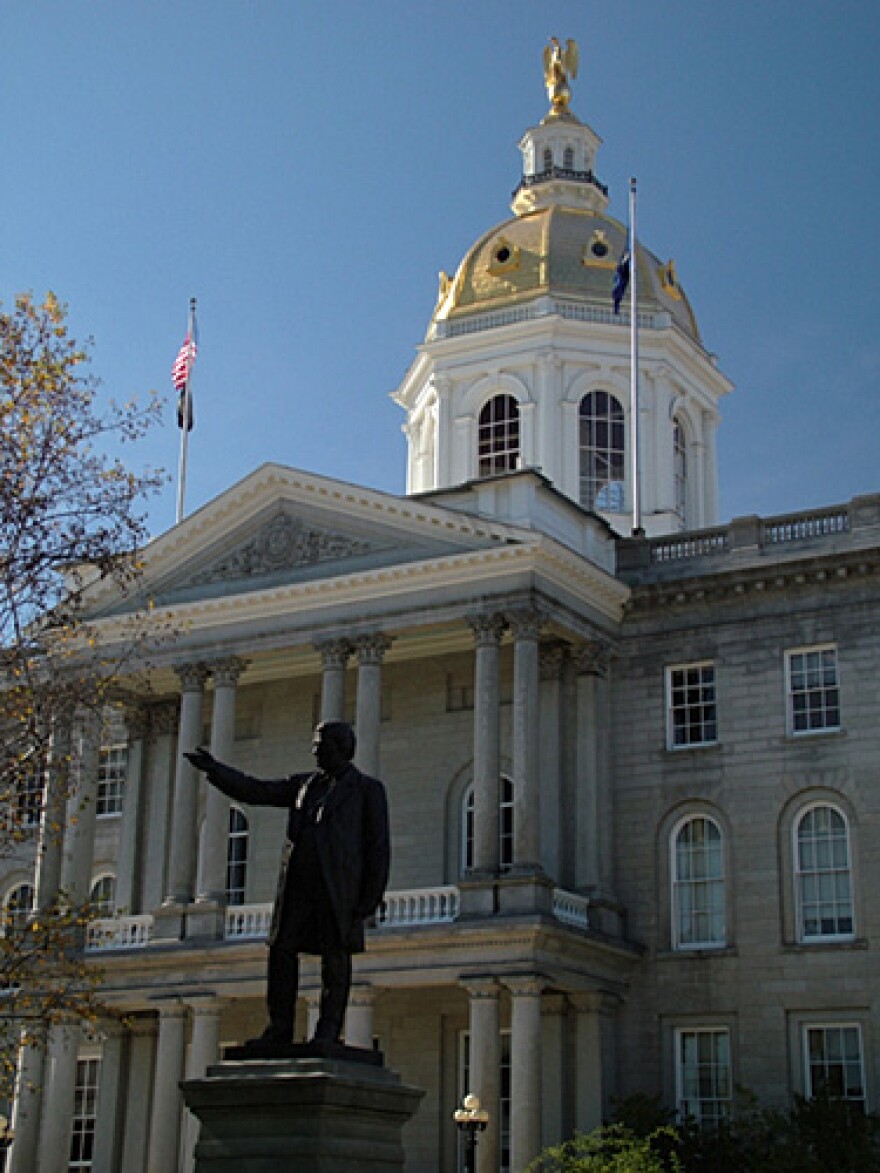A commission tasked with reforming New Hampshire’s law on open records requests met for the first time last week.
Members of the Right-to-Know law commission must devise an alternative process to resolve complaints regarding access to public records. They also are looking to find a way to encourage resolutions of disputes between citizens and public agencies.
State Sen. Bob Giuda, who is the chairman of the commission, spoke with NHPR's Morning Edition Host Rick Ganley about his goals for Right-to-Know law reform.
This transcript has been lightly edited for clarity.
What are the most difficult challenges with the current law that you see can be changed? I mean, what would you like to reform specifically?
I would very much like to put the onus on the state. For example, let's say that an official receives a right-to-know request. You have five days to respond. They respond in the negative – we're not going to disclose that. Rather than putting the onus on the individual to take it to court, I think perhaps we might look at putting the onus on the government agency or agent to take it to court to get an injunction against disclosing.
So the default position should be those records should be public unless the state can make the case that it shouldn't be?
That's what I think, and I think that's probably pretty consistent with what the legislature thinks. And there are legitimate cases in instances, and those are very well defined in statute. Obviously as proliferation of bodies with different missions and tasks come forward, those exceptions will grow in number. And so that's another thing we're going to do is take a look at the process not only of appealing, but also what can we look at change that makes the law more concise, more clear, and takes away the ambiguities that potentially provide for problems with officials disclosing information.
What are some of the most common disputes that you find between citizens and public agencies?
Most often it's at the local level, towns, cities. You get into the higher levels of government, it's much rarer I think.
And of course some towns, some smaller towns I'm sure, electronic records are kept in different ways or not kept. So there's all kinds of different issues.
Sure, different mediums in which these records are retained. One of the things that we keyed on the first meeting was you know there's probably an education problem here. There's no requirement for public officials to be schooled in any way on Article 91-A.
And there's no uniformity?
Correct. And so out of that lack of education you have a person who may be well-meaning—or not—but says no I don't think you have a right to know that, so I'm going to hold that back and that enforces the problem. So I think education is going to solve a lot of this. I also believe that we need to put some teeth into the law. When someone wrongfully and willfully withholds information, there needs to be a penalty. Too many of our laws put penalties on citizens for misbehavior. Very few of our laws put penalties on the state or the community, the political subdivision, for misbehavior. And again the onus always falls back on the citizen. That's backwards.








